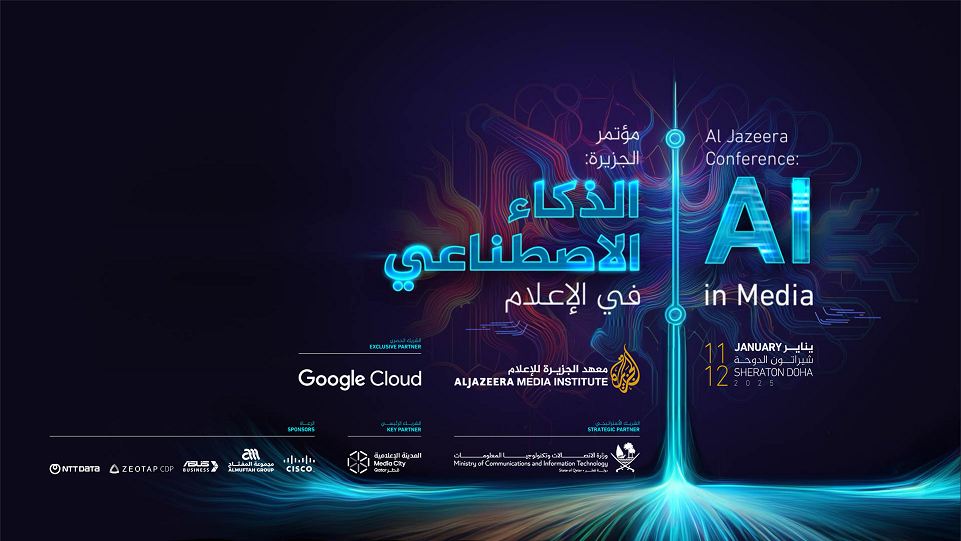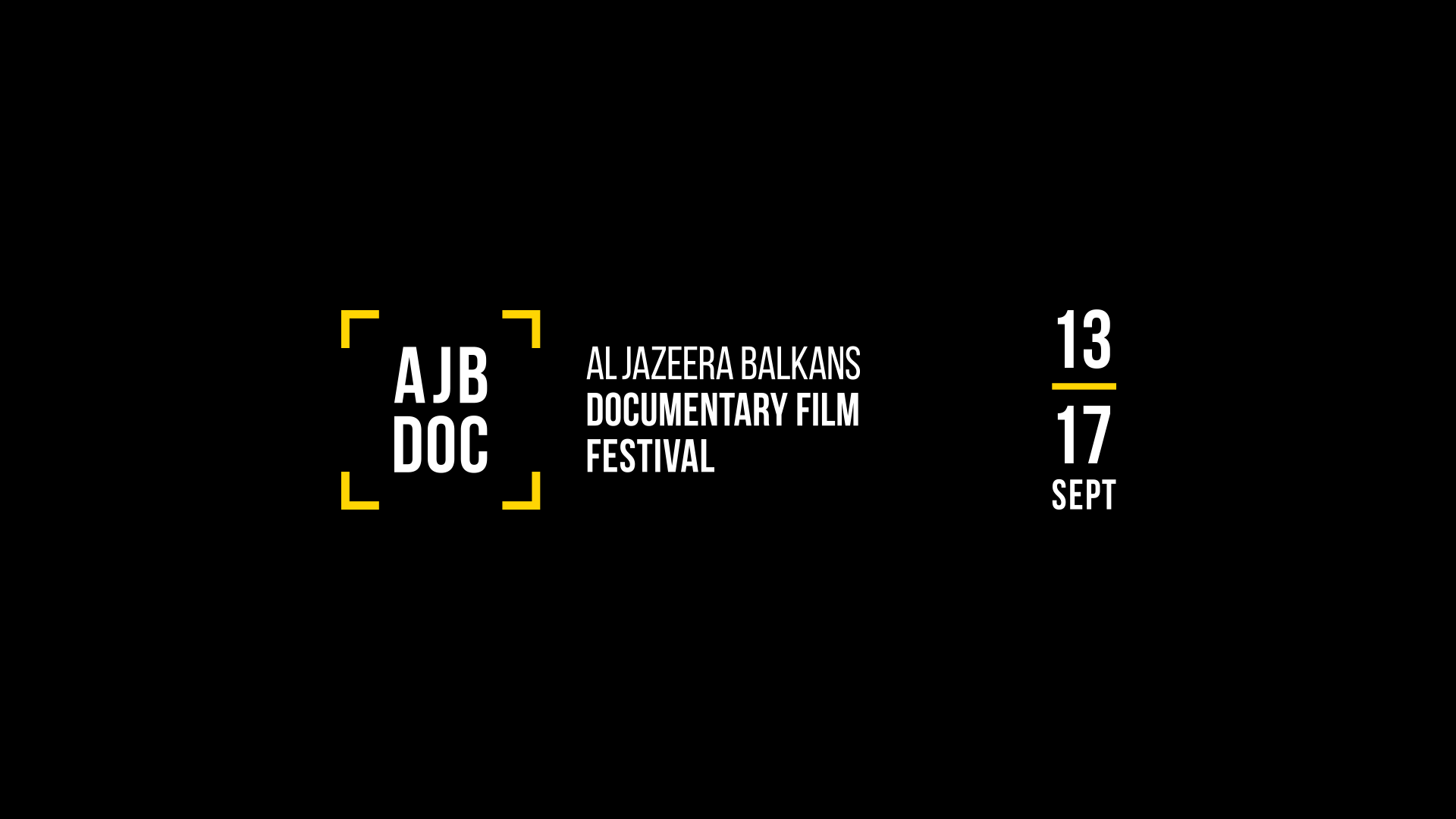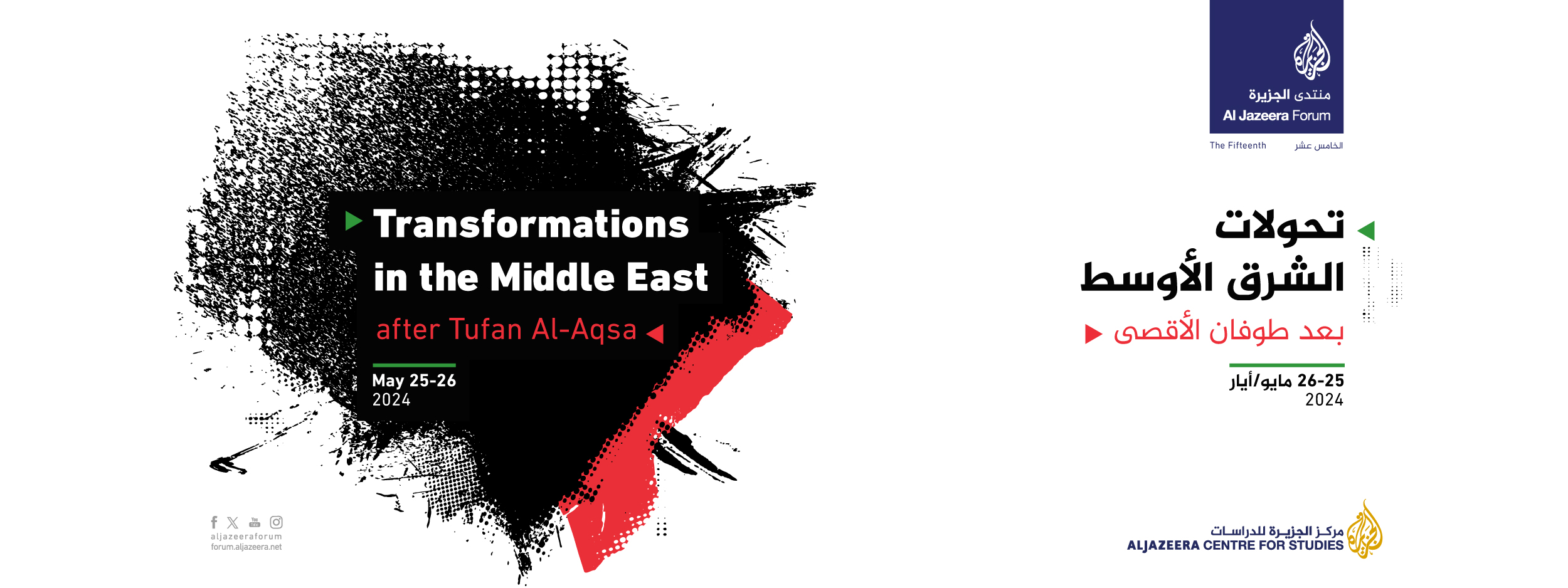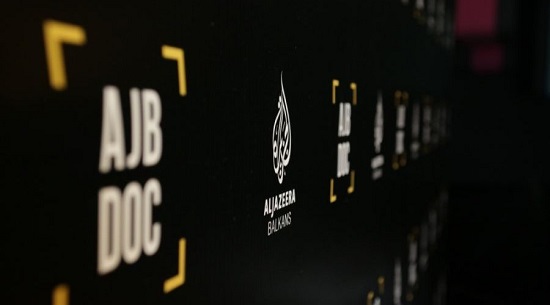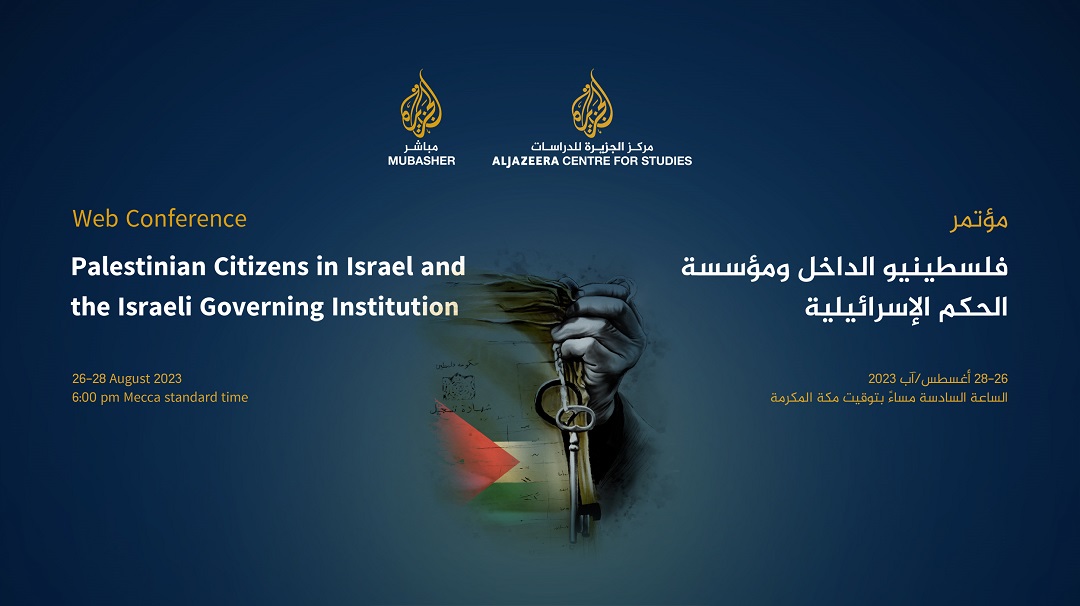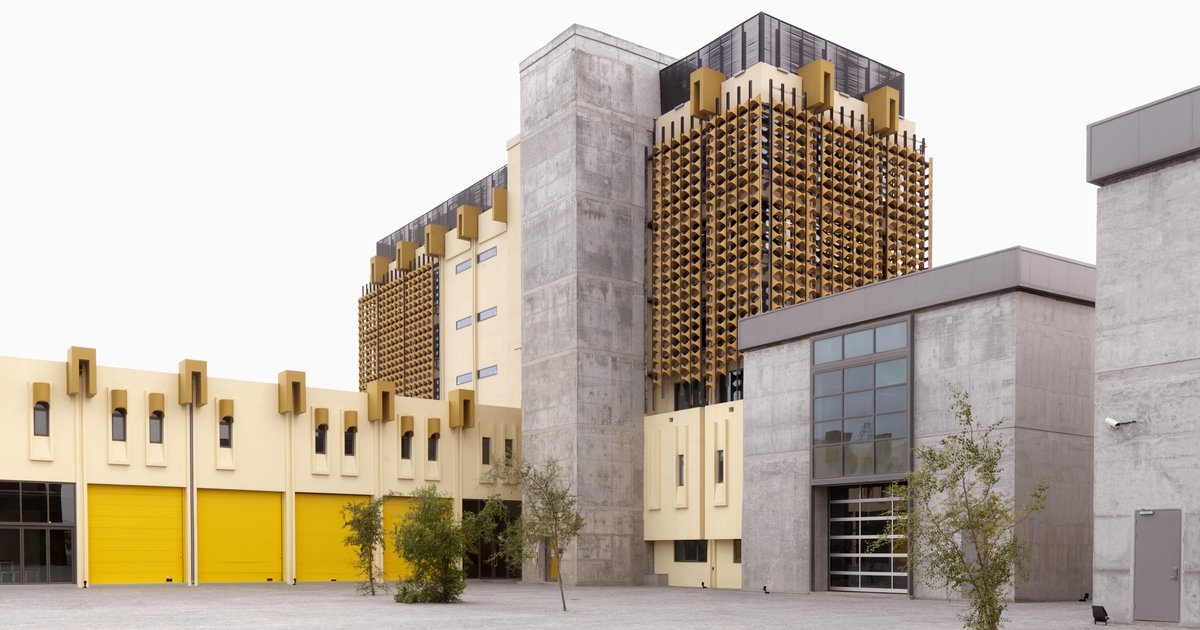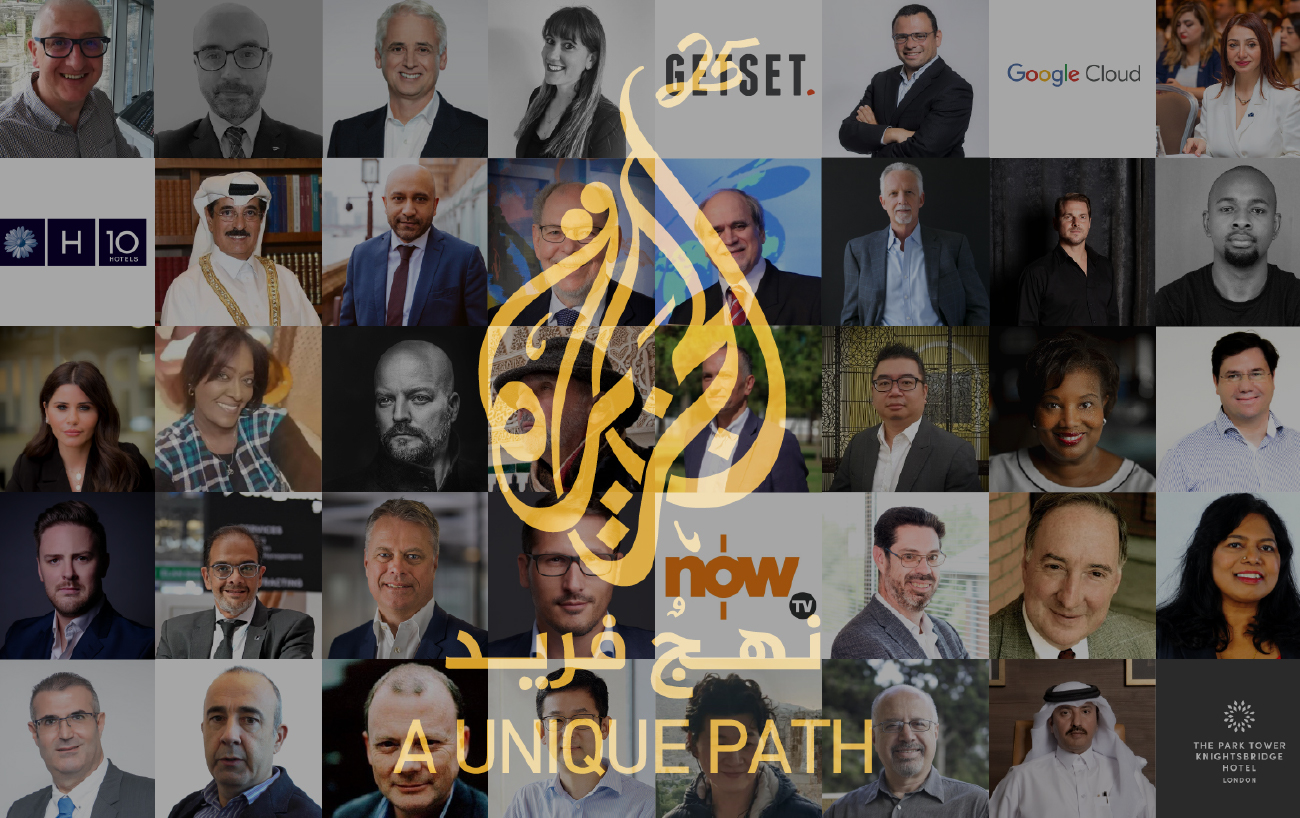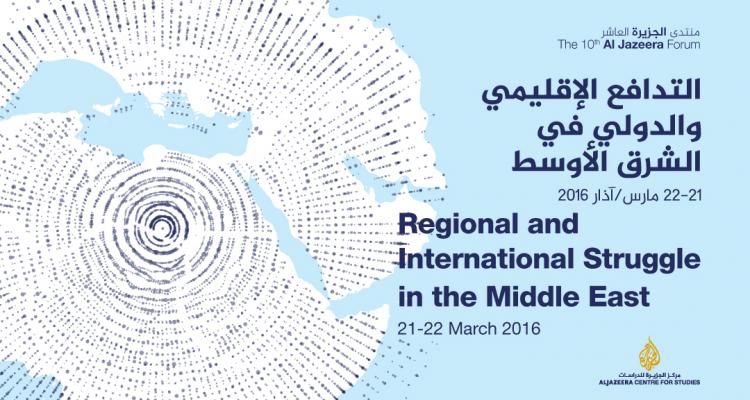
The 10th AlJazeera Forum: Regional and International Struggle in the Middle East
Unprecedented power struggles and the collapse of sovereign states and regional power structures have become the trademark of the Middle East, particularly in the Levant region. European, American and Russian warplanes populate the airspace over Iraq and Syria, and Western and regional special forces have set up military bases across the region.
In Yemen, the devastating war, which started over a year ago, continues to this day between the ruling government and a sectarian militia backed by regional powers. In Iraq, foreign invasion and occupation have lost the state vast swathes of its territory. In Syria, the Assad regime’s power has continued to dwindle since the start of the Syrian revolution. In Lebanon, despite the tenuous calm, the country is controlled by an armed militia that is more militarily capable than the Lebanese army. In Palestine, confrontations between the Palestinian people and Israeli Occupation Forces have returned to their familiar impasse. In Jordan, there is a sense of destabilisation given developments in the neighbouring countries of Syria, Iraq and Palestine.
In this dynamic regional context, the borders of Levant countries no longer have the same meaning they have held over the past century. They are now corridors for all types of people, from freedom fighters, to terrorist groups, to hundreds of thousands of refugees.
This ongoing crisis, defined by the failure of modern state and the collapse of the regional order, coincides with the centennial of the Sykes-Picot Agreement, which drafted the first version of what the Middle East would look like after World War I. However, unlike the circumstances in which western powers decided the fate of the region among themselves after the First World War, the Middle East arena now contains regional, international and even influential non-state actors.
The Middle Eastern crisis of the state, of peoples and of regional order did not surface until the start of Arab revolutions in 2011. But, contrary to those who blame the Arab revolutions, claiming they were a major disaster for the region, leading to the present chaos and continued decline of central governance; the reality is that every single revolution began peacefully with legitimate demands for dignity, democracy and majority rule. Counter-revolutionary forces, led by ruling minorities and regional powers, rushed to suppress these peaceful revolutions, aggravating and supporting violence, which in turn caused mass death and destruction. Millions of Arabs have not given up on these demands, but the repressive response of counter-revolutionary forces has escalated violence beyond the rule of law and encouraged the formation of terrorist groups.
Today, in the midst of this astronomical chaos, death, civil war and destruction, the only certainty in the Arab world is that there is no future vision to save the region and its peoples.
A multitude of regional and international powers maintain a presence in the Middle East in the name of fighting terrorism, others are supporting authoritarian regimes and still others say they are supporting the peoples of the region. However, what is clear, especially at the international level, is that the narrative of democracy and freedom is being reversed in favour of the narrative that promotes security, defence and the war on terror. At the regional level, this struggle led to an upsurge of conflicts between ethnicities, sects and cultures. Perhaps most dangerous of all, there are parties who refuse to accept that the post-World War I order has lost its legitimacy and the very elements which formed its existence.
Why has the Middle East seen this rapid deterioration in the stability of its states and the overall regional order? What are the reasons and context that led to this increasing international struggle in the region? Why have regional powers failed to formulate a unanimous future vision for the region and its peoples? Is there still hope that the region will return to a peaceful and democratic path of change?
These, and other closely related issues, will be the focus of the 10th AlJazeera Forum to be held on 21-22 March 2016.
Plenary sessions
Regional struggle and its sectarian, political and geopolitical Implications
International struggle for the Middle East 100 years after Sykes-Picot
Where is the Middle East headed in light of its current situation?

